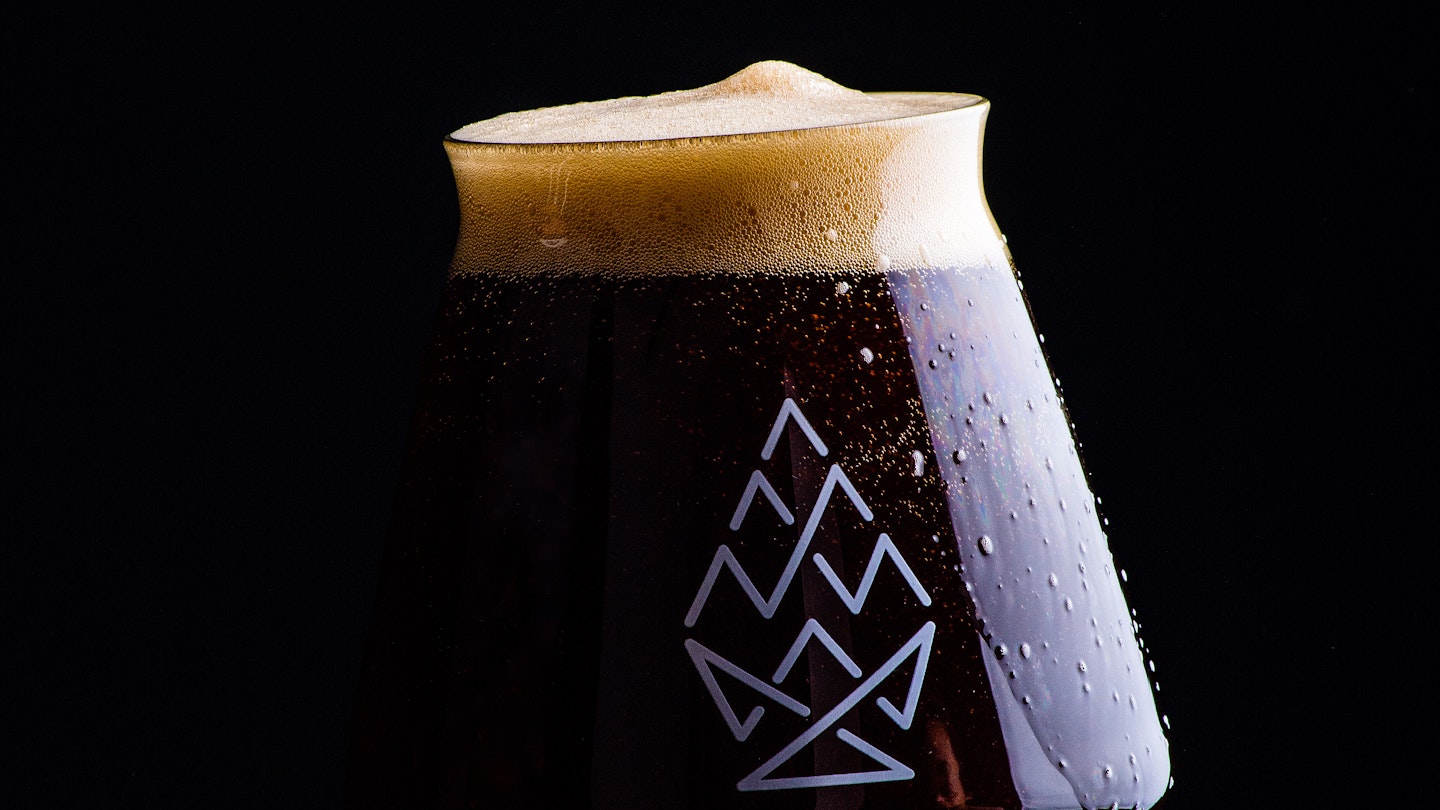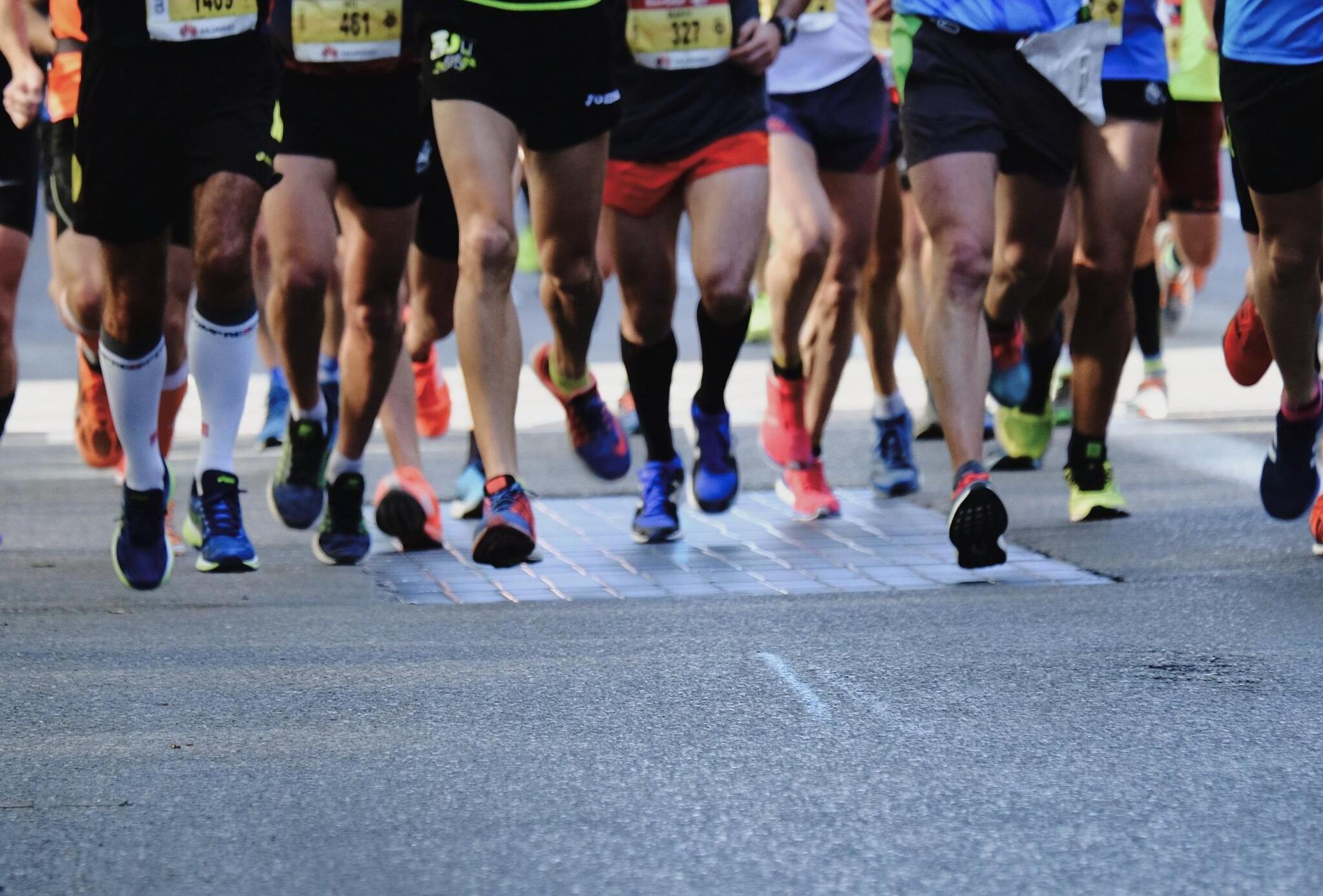Brewers in the United States aren’t just the beard-donning, flannel-shirt-wearing individuals that many picture when they think of the craft beer industry’s leaders. Women owners and head brewers are increasingly shaping the field both through the communities they foster and the flavors they create.
From gluten-free beers to beers that give back, here are five women-led breweries making significant impacts in craft beer.

While modern women appear to be breaking into the craft brewing industry, they’re actually returning to historical roles they once held. Historically, brewers were women. Women’s involvement in fermentation dates back to the earliest days of human agriculture. Around 7000 BCE, Chinese women chewed rice to initiate the fermentation process to create rice beer. Sumerians revered beer goddesses and recorded the earliest beer recipe in cuneiform in 1800 BCE, while neighboring Egyptians carved hieroglyphics depicting women both brewing and consuming beer.
The trend persisted as beer drinking expanded across Europe, but two pivotal events changed women’s roles in the brewing process. As monasteries began accommodating travelers, monks increasingly assumed brewing tasks. Moreover, during the Black Plague of the 1400s, when water became unsafe to consume, brewing transitioned from small-batch, home production to a commercial, male-dominated operation.
Women have played significant roles since the 1980s during the craft beer boom in the United States, according to the Brewers Association. The association’s 2018 survey indicated that among a limited sample of breweries, women accounted for about 23 percent of owners and around eight percent of production staff. “Compared to other sectors, such as finance, healthcare, and IT, that number is relatively high. As the number of U.S. breweries continues to rise, so too has the number of women brewing and purchasing beer,” explains Julia Herz, craft beer program director of the Brewers Association.

Scarlet Lane Brewing Company, Indianapolis, Indiana
With five locations, this female-majority-owned brewery has established itself with its stouts, notably the Dorian Coconut Stout, a tribute to female brewer Tonya Cornett of Bend Brewing Company, who inspired Eilise Lane to pursue brewing. “Initially, I faced significant trolling as one of the few females brewing in Indiana,” Lane recounts. “People almost universally assume my husband is the brewer; they refuse to believe I’m the head brewer. I have had to argue that I’m the one brewing daily.”
The brewery has garnered attention among horror enthusiasts by hosting macabre-themed events.

Second Chance Beer Company, San Diego, California
In the brewery’s formative years, Virginia Morrison recalls being identified only in relation to her husband Marty, who co-owns the brewery. “Thankfully, it has been some time since anyone has reduced my professional contributions to ‘wife’,” states the former homebrewer and attorney.
At Second Chance, Morrison creates flavors more likely to resonate with women, such as Women Every Day Rosé, a brut rosé ale made with wine grapes and citrus fruits, achieving a taste reminiscent of rosé wine. “I want women to realize that craft beer is more than just hoppy IPAs,” Morrison emphasizes.

Holidaily Brewing Co. – Golden, Colorado
Founder Karen Hertz considers her position as a woman in a predominantly male industry to be an advantage. “Especially when Holidaily first opened, I would attend events as one of the few without a beard,” Hertz recalls. “When everyone in the room looks the same, the different one tends to get remembered.”
Hertz, who previously worked at Coors Brewing Company, established Holidaily in 2016 after a cancer diagnosis prompted her to develop a diet-compatible brewing style. Holidaily specializes in gluten-free beers.

Lady Justice Brewing – Aurora, Colorado
The trio behind Lady Justice Brewing—Kate Power, Betsy Lay, and Jen Cuesta—has leveraged their non-profit backgrounds to create a brewery that contributes to social causes. Lady Justice Brewing has donated over $10,000 to more than 40 human rights and social justice organizations. These women brewers and owners promote creativity and inclusivity. “I’ve been told that our messaging, our beer, and our community relationships have a nurturing quality. I’m not sure if that’s due to our gender or our community work background,” co-founder and head brewer Betsy Lay shares.
Research indicates that women may possess more taste buds, resulting in more sensitive palates compared to men. “This could imply that women approach brewing in ways that differ from male brewers. However, I’m not a palate scientist,” Lay adds.

Bow and Arrow Brewing Co. – Albuquerque, New Mexico
Shyla Sheppard and Missy Begay, the duo behind Bow and Arrow Brewing, have carved out niches in the industry by utilizing indigenous ingredients in their beers. They incorporate elements such as Navajo Tea, sumac berries, and blue corn, which is used in their popular Denim Tux Bluecorn Lager. “There’s a delicate balance between drawing from our Native backgrounds while being culturally appropriate and respectful. This gives us a distinctive style in the beer scene that feels authentic,” Sheppard states.
However, their innovative beers are not the sole distinguishing factor. “It’s unfortunately common to find myself in spaces where I’m in the minority, whether as a woman, a person of color, or a member of the LGBTQ+ community. I often face higher standards, heightened scrutiny, or find myself having to justify my presence,” Sheppard reflects. Although these experiences can lead to feelings of isolation, they also motivate Sheppard to cultivate an inclusive brewery. “If you persist, and in my case, have the privilege to create a space where individuals who share my background feel welcomed, improvements can arise,” she concludes.





